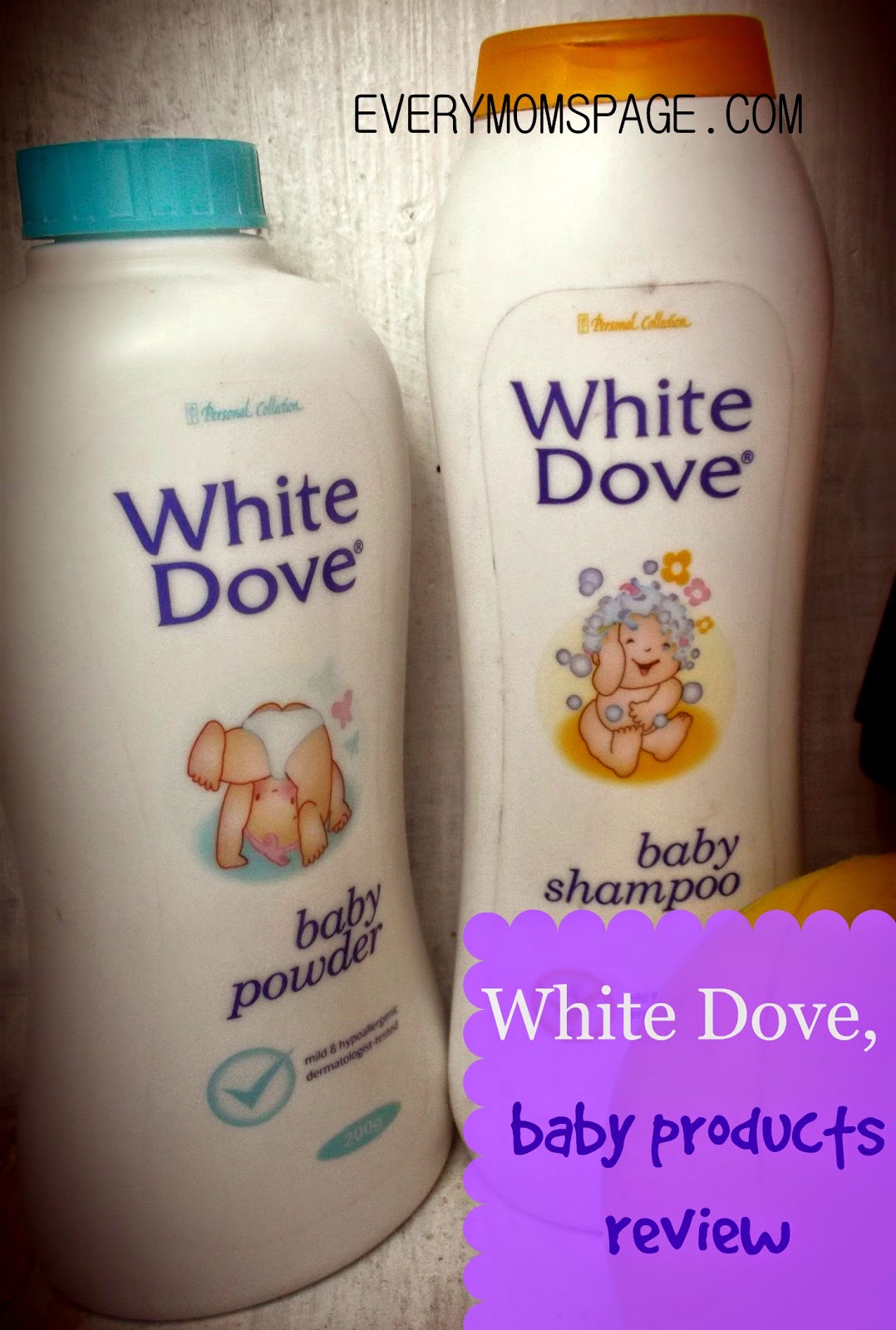5 Expenses Moms Can Cut Down On
It’s often easy to identify big ways to save money in your life. For example, getting a used car instead of a new one can save money. But it’s the little things that add up and help you see a huge difference in your finances. By making a few changes in your life, you can better meet your financial goals.
Beverages
If you purchase bottled water, the plastic
bottles aren’t great for the environment and cost more. Instead, consider
investing in a water filter so you can drink tap water. A refillable water
bottle lets you take it with you on the go. Try filling a few reusable bottles
at once so you can grab and go when you’re in a hurry. Buying coffee drinks can
be convenient, but it also adds up quickly. Getting one coffee a few times a
week can cost you several hundred dollars in a year. Instead, try making your
own coffee at home. You might have to spend a few bucks upfront getting a
coffee machine, but if you get a quality product, it can last for years.
Bank Fees
Many banks like to charge fees, and these
can often add up to several hundred dollars per year. For example, ATMs often
charge fees. If you drop below the minimum balance or transfer money, you’ll also
get hit with extra charges. And you also have to make payments for foreign
transactions. Instead, consider looking for a bank that doesn’t charge fees.
For example, a smaller local bank may be a better option.
Debt Repayment
The interest rates on payments such as student loans, credit card balances, and medical debt can add up quickly. Depending on how much you owe, you can lose several thousand dollars just in the interest you pay. One way you can save on interest is by refinancing student loans to save money. You may qualify for better repayment options with a lower interest rate now compared to when you initially took out the loans. No matter what type of debt you have, paying it off as quickly as you can should always be the best. Not only will it help you save money on interest, but you can also put more money into savings after the loan is paid off.
Birthday and Christmas Gifts
Of course, you should still give your kids
presents at Christmas and birthdays. But cutting back on the number of gifts
may be a good idea. Do your children really need several large gifts each?
Think about past birthday and Christmas gifts they’ve received and whether or
not they still use them. Instead, try giving each child more meaningful gifts
that they will use and value for many years. As you do this, you can shift the
focus from gifts to making memories with the family. Your child will value
these memories more in later years than expensive presents.



